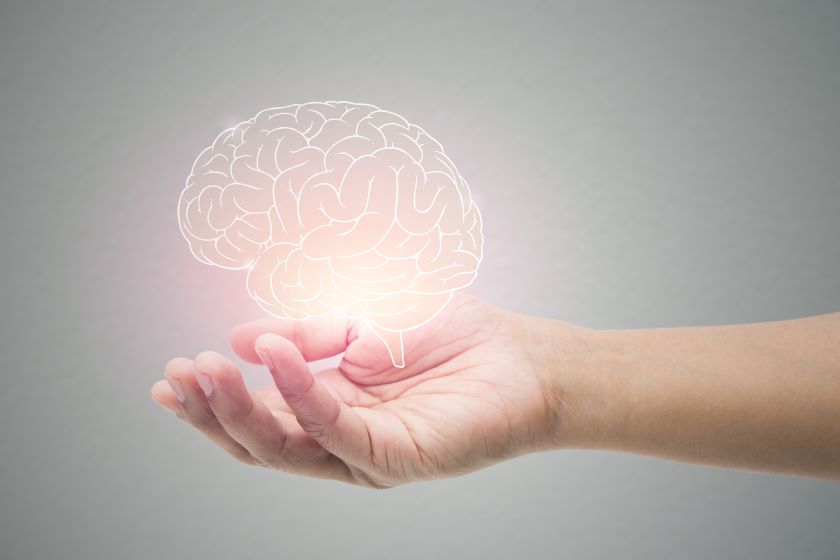Often referred to as “shock therapy’, we’ve all seen the movies depicting ECT in a negative light, with little regard given to the proven benefits it can offer people experiencing ongoing serious mental health issues.
However, what many people don’t know is that ECT remains one of the most effective forms of treatment for severe, persistent depression and neuropsychiatric disorders such as mood disorders, severe depression, mania, catatonia and psychosis.
ECT has over a million people worldwide accessing the procedure and has become an important, as well as safe and effective, treatment in combating the devastating consequences of severe psychiatric disorders. A procedure that rapidly relieves symptoms, ECT involves delivering a small, pulsed electrical current to the brain sufficient enough to induce a seizure for therapeutic purposes. It’s performed under general anaesthesia with muscle relaxation and applies brief electrical currents to the entire brain, which includes the centres that control thinking, mood, appetite and sleep.
“ECT can truly be a lifesaving and life-changing technique,” says St John of God Langmore Centre Consultant Psychiatrist and Director of Medical Services Dr Usman Riaz.
“ECT is found to be effective where medication or therapy have not been successful in the past, where conditions are too severe to wait for those alternative approaches to work, or where patients have endured side effects and/or cannot safely use the prescribed medication available to combat their condition,” says Dr Riaz, adding that, “ECT is delivered, on average, between six to twelve times throughout the duration of the course. However, for many patients, symptoms start to improve after two treatments.”
Lasting approximately 15 minutes, the procedure is administered by a team of trained medical professionals including a psychiatrist, anaesthetist and nurse. A small electrical current is passed briefly across the ECT pads and causes a mild fit in the brain. There is little movement of the body throughout the process because of the muscle relaxant and no structural damage to the brain is incurred. The seizure usually lasts less than 30 seconds, and the technique is closely monitored and recorded throughout. Once the seizure is over, observation continues until a patient is fully awake.
An in-hospital acute course generally begins with three treatments a week, however treatment plans are tailored to individual circumstances and each ECT session is assessed by a patient’s treating team where decisions about continuation of ECT is made together with the patient. These repeated treatments of ECT alter chemical messages in the brain, aiding recovery and enabling relapse prevention for a person battling severe symptoms of their mental health diagnosis.
Despite the myths and perceptions around ECT, it continues to be among the safest medical treatments given under general anaesthesia and is considered to be an effective alternative to other approaches to mental health care. In the majority of cases, even patients with cardiac defibrillators or pacemakers can access ECT treatments safely.
However, the possibility of experiencing side effects is a consequence of taking many medications or after undergoing a medical procedure, and while headaches can commonly occur after having ECT, they are easily addressed with paracetamol. Although rare, other more serious complications can occur as a result of ECT, however patients can rest assured, that all potential side effects will be outlined and discussed with their medical team prior to choosing this procedure as a treatment option.
ECT is available at St John of God Langmore Centre to both inpatients and outpatients.
If you’d like to learn more about it or how to access this service, please contact:
Tel: 03 9773 7000.


